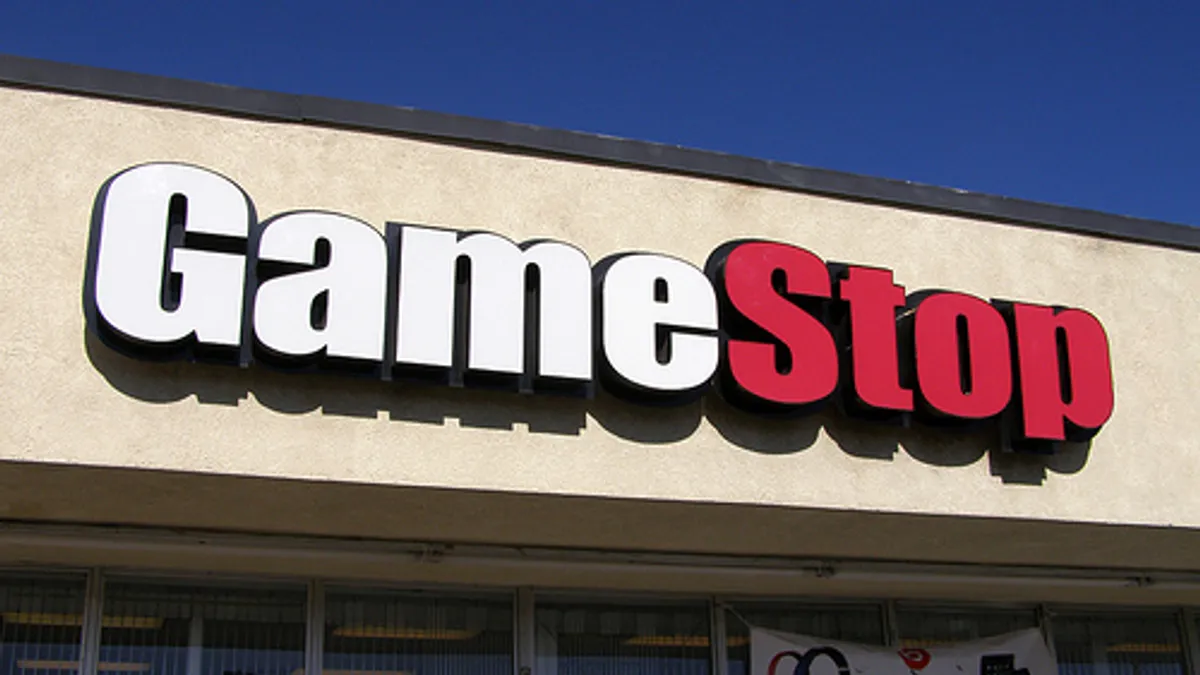Dive Brief:
- GameStop tripled its online assortment by shipping directly from stores, as opposed to distribution centers, according to a case study of the company by Internet Retailer.
- The company's in-store trading system often provides physical stores a more diverse product assortment than large shipments to warehouses can. It also removes the need for extensive reverse logistics processes.
- The company used Radial's Ship-from-Store system to connect 4,000 locations by February 2016; implementation began October 2015.
Dive Insight:
Ship-from-Store services are hardly new: Radial, formerly eBay Enterprise, claims about 20,000 merchants use its technology, including 523 of the top 1000 global online vendors. Yet despite the growing use of these systems, warehouses are likely to continue a booming business, since they are but a single component of various companies' omnichannel strategy.
However, GameStop's use of the system is an example of how a store can bypass investing in larger warehouses or divest from in-store inventory capacity.
Many leisure merchants often rely on brands and spontaneous discovery of goods, whether in-store or online. The store's trading system facilitated this in-store and ship-from-store allowed the company to expand the concept as an omnichannel service.
Of course, the system does not come without logistics challenges. Richard Armour, senior director of multichannel for GameStop told Internet Retailer the company at times struggles handling inefficient orders — such as a 10-good order sourced from 10 different stores. A solution, he adds, is to opt out stores with low trade volume from the ship-from-store offering in order to prevent high-stock orders to be sourced from that store.














